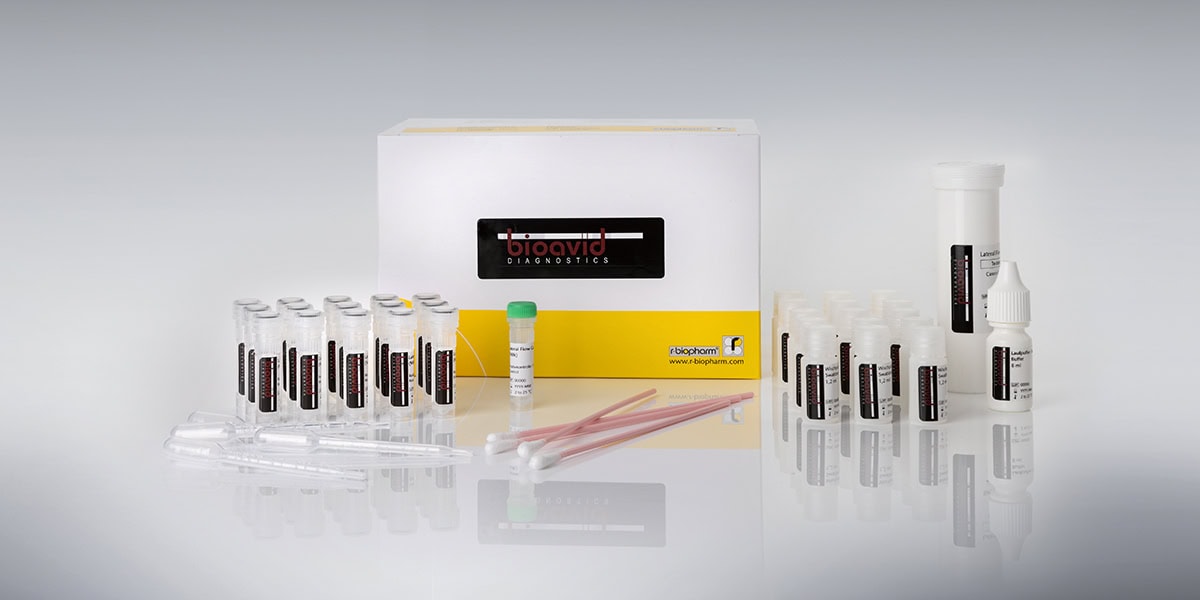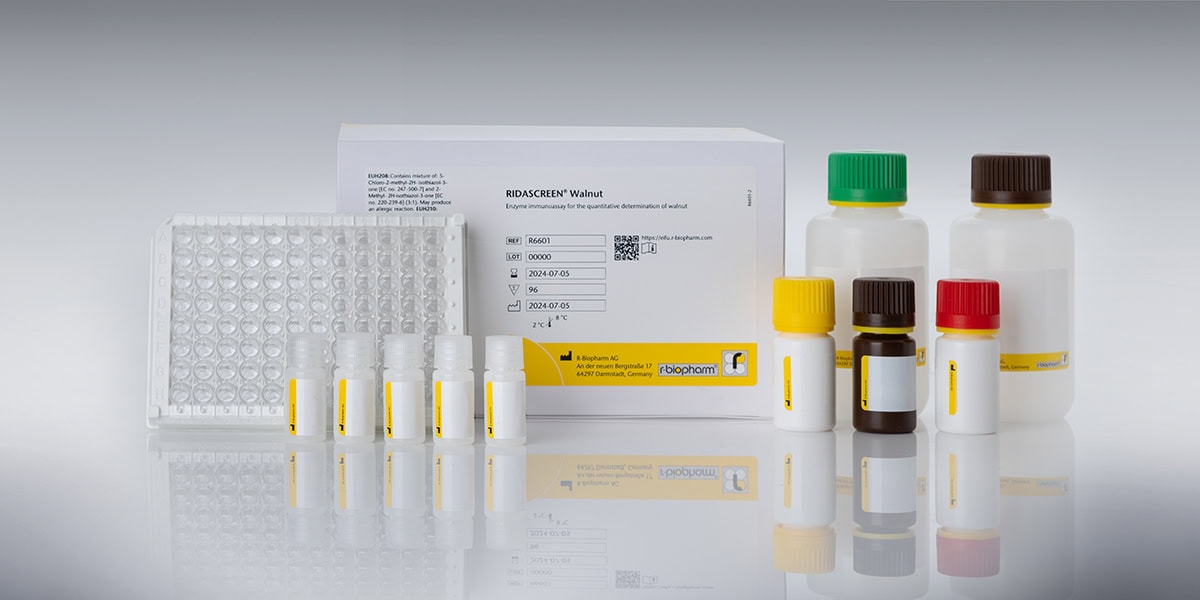
Recent news in Food & Feed Analysis
- Home
- /
- Almonds: A case of...
Almonds: A case of food fraud?

Almonds are a healthy snack and a popular ingredient in baked goods and many other foods. But for people with allergies, almonds are a risk – especially if they are present in foods without being labeled accordingly.
Food fraud can affect almost any product. Fraudsters make a lot of money with low-quality olive oil, mislabeled fish, diluted honey or stretched spices. Nuts are also affected time and again. There are large price differences in the various types of nuts, which is why more expensive nuts are sometimes stretched with cheaper varieties. Almonds, for example, could end up in high-priced hazelnut or cashew puree. On the other hand, almonds are more expensive than peanuts, so chopped or ground almonds could be stretched with peanuts.
In 2017, the international OPSON VI operation had, among other things, examined various hazelnut products and discovered significant admixtures of other nuts in three cases:
- Roasted chopped hazelnuts from Georgia were found to contain 8% admixture of peanuts.
- Around 27% almonds were detected in a hazelnut paste from Italy.
- Another hazelnut paste from Italy contained up to 45% cashews.
The RASFF has registered the following cases of undeclared nuts in nut products in recent years:
- Netherlands, August 2022: undeclared almonds in a hazelnut spread
- Switzerland, December 2021: undeclared almonds in a cashew puree
- Netherlands, November 2021: traces of peanut in a cashew puree
- Netherlands, October 2020: undeclared peanuts in a nut mix
- Germany, February 2020: undeclared peanuts in a hazelnut paste
For people with allergies, this can be very dangerous. In England, a 38-year-old even died from an allergic reaction after eating a curry dish. The restaurant had replaced the almonds with a cheaper nut mix containing peanuts (Source). However, such cases are thankfully very rare. And it is not always intentional fraud, but possibly an accidental contamination. In any case, regular testing by manufacturers and authorities is essential to ensure consumer safety. PCR tests can be used to reliably detect which type of nut is actually contained in a food product.



